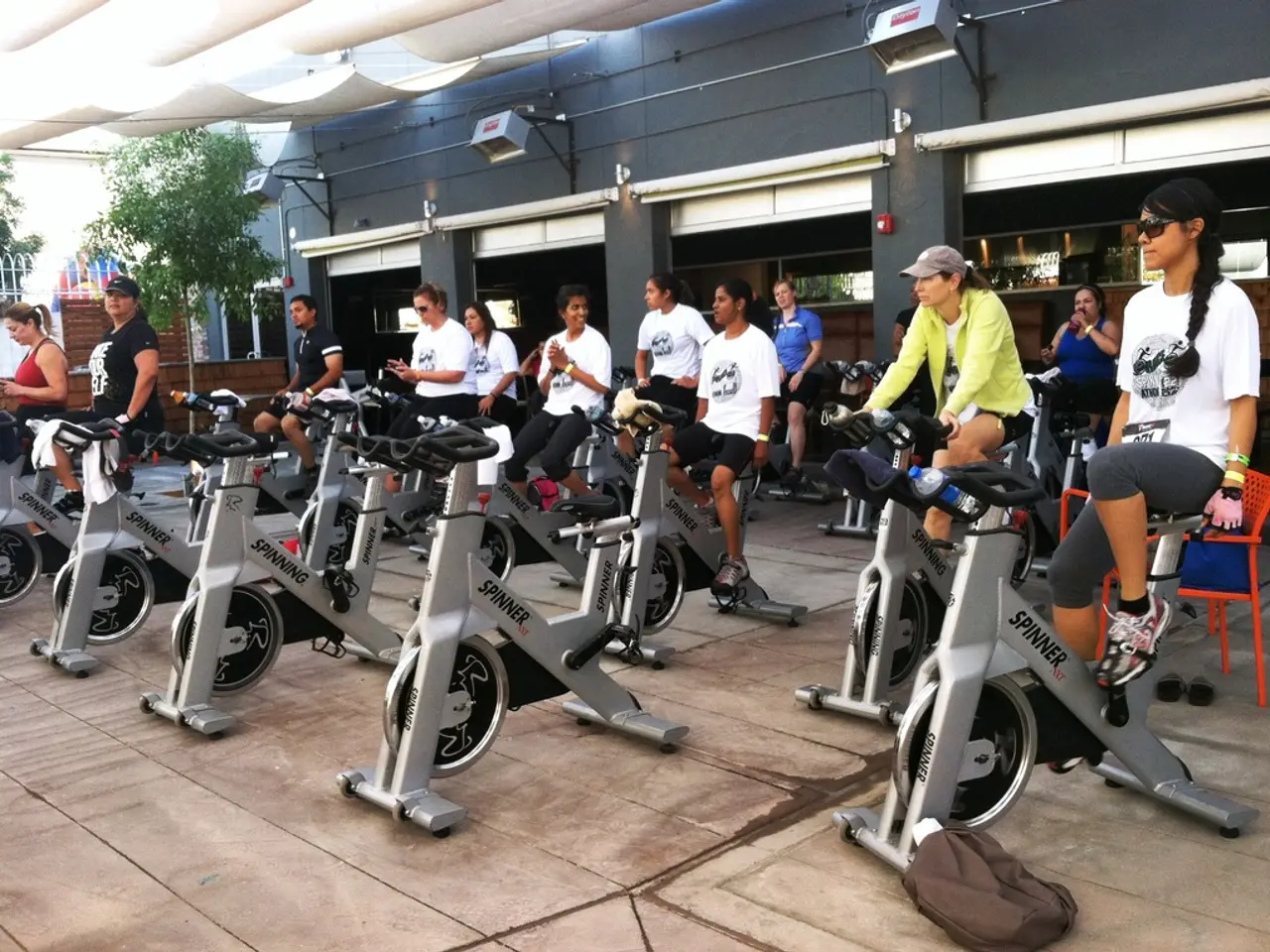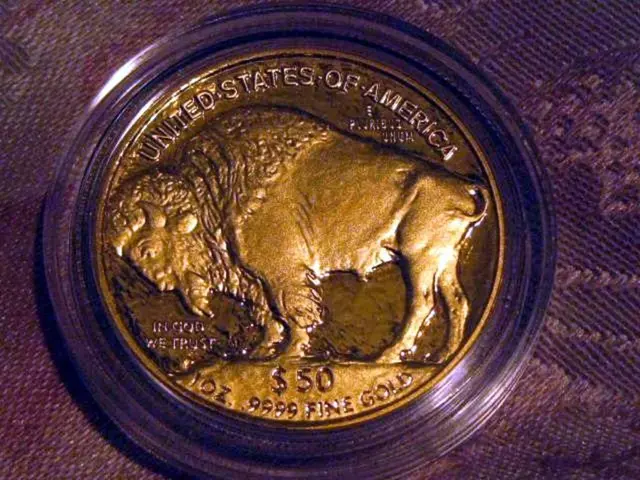Workout diet guidelines for men: Optimal food choices before and following exercise to enhance performance
In the realm of fitness and health, proper nutrition plays a crucial role in supporting performance, recovery, and overall well-being for men. Here are some key recommendations to help you make the most of your workout sessions.
According to Brea Lofton, a registered dietitian at Lumen, and Alexander Leritz, a representative of JM Nutrition, men should be mindful of their diet before and after exercise.
Before hitting the gym, men should aim for a balance of protein and carbohydrates. A pre-workout meal that supports energy needs and muscle preservation might be a turkey sandwich on whole-grain bread and a banana with a whey protein shake. This combination provides the necessary fuel for an effective workout.
However, it's essential to avoid large, protein-rich meals or drinks before exercise as they can slow digestion and cause sluggishness and nausea. High-fat, slow-digesting meals should also be avoided before training as they delay gastric emptying and may cause nausea.
Hydration is just as important as what and when you eat. Athletes should consume approximately 500ml of water about 30 to 60 minutes prior to training, especially in warm conditions or during the warmer seasons of the year.
After a workout, men should focus on refuelling their bodies to aid in recovery. It's best to eat sooner rather than later. Men over 50, in particular, should ensure their post-workout protein is rich in leucine, found in eggs, whey, and dairy, to help combat age-related muscle loss.
A balanced post-workout meal might be grilled chicken with brown rice and sautéed vegetables, or a whey protein shake with a banana and a small handful of trail mix. However, it's important to avoid high-sugar snacks without any protein as they may spike blood sugar levels without supporting muscle recovery.
Foods very high in fiber, such as beans or cruciferous vegetables including broccoli and kale, may lead to bloating or discomfort if eaten too close to a workout.
Men generally have more lean muscle mass and higher glycogen (energy) demands compared to women, so they have a more urgent need for immediate refueling post-workout. Post-exercise, men should aim for 20g to 30g of protein and 50g to 60g of carbohydrates, especially after resistance training.
Remember, these guidelines are meant to provide a general understanding of nutrition for men before and after exercise. For personalised advice, it's always best to consult with a registered dietitian or nutritionist.








